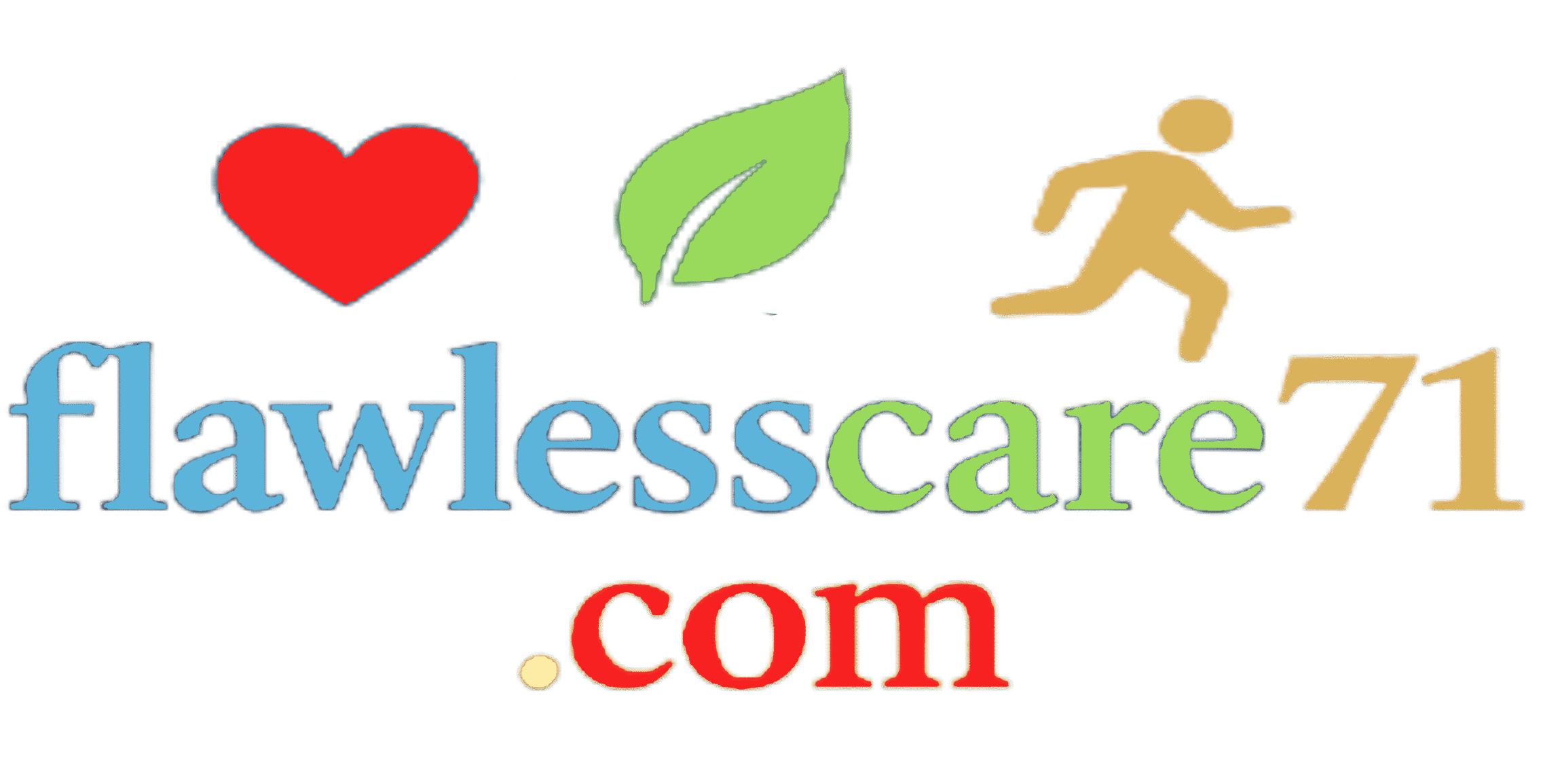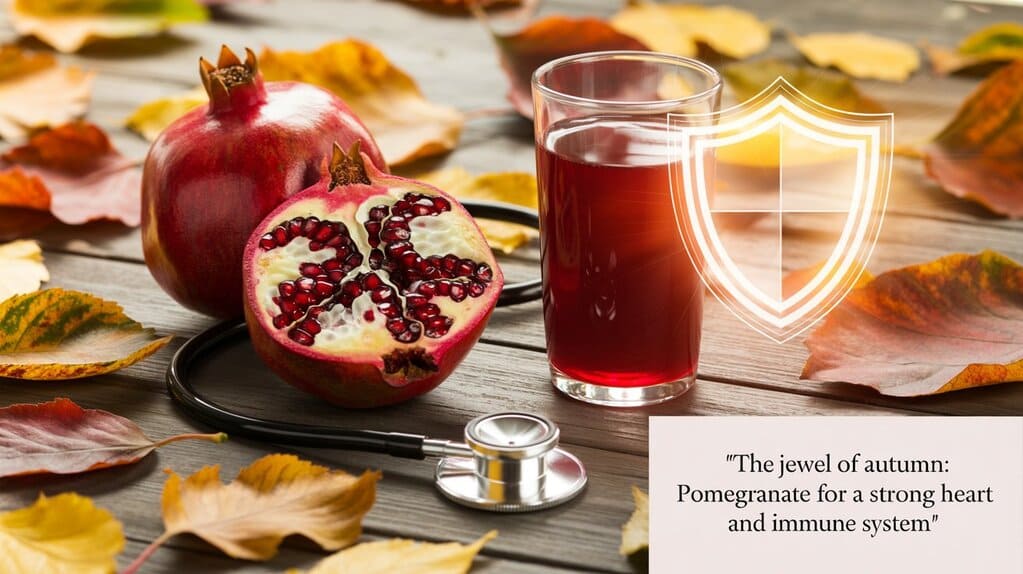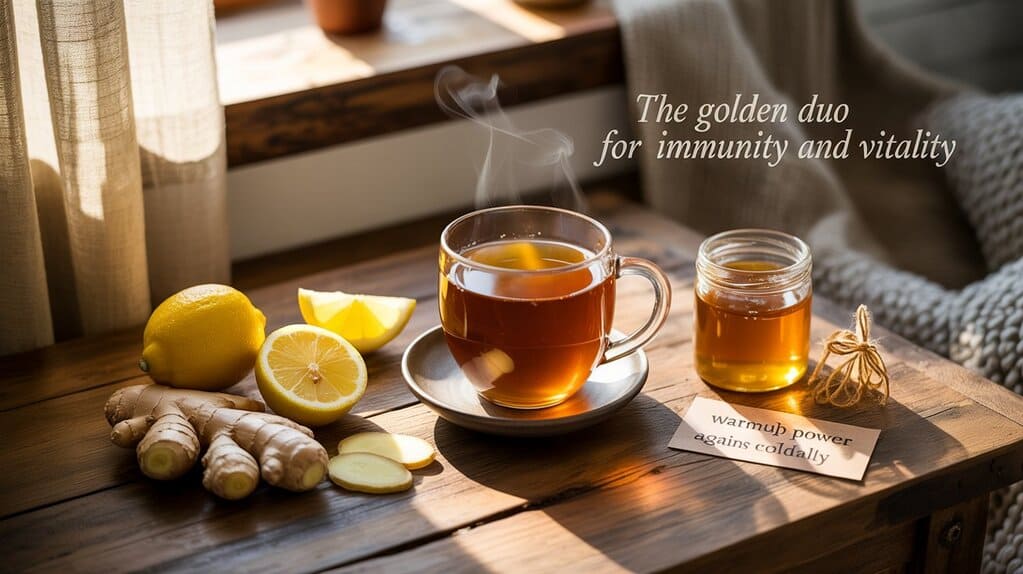
Introduction
Medicinal herbs have been used for millennia to support health, and modern science is increasingly examining their role as natural immune boosters. People worldwide turn to herbs like garlic, turmeric, ginger, green tea, and echinacea for everyday immune support, yet questions remain about how strongly they work and which preparations are safe and effective. This article reviews the current evidence, explains biological mechanisms, highlights key herbs with supporting studies from Asia, Europe, and North America, and provides practical, science-based guidance for safe use. PMCOrganisation Mondiale de la Santé
Key points (at a glance)
- Medicinal herbs contain bioactive compounds (flavonoids, terpenes, organosulfur compounds, curcuminoids) that can modulate immune responses. PMC
- Clinical evidence is mixed: some herbs shorten symptom duration or improve immune markers in trials, while evidence for prevention is often limited or inconsistent. Bibliothèque CochranePMC
- Safety and quality matter: interactions with medicines and dose-dependent side effects are documented for some extracts (for example, concentrated green tea extracts). cot.food.gov.uk
- Integrative approach works best: herbs are most effective when combined with balanced nutrition, sleep, exercise, and medical care. Organisation Mondiale de la Santé

How medicinal herbs may influence immunity — mechanisms
Medicinal herbs affect the immune system through several biological mechanisms:
- Immunomodulation: Certain phytochemicals influence cytokine production, promote phagocytosis, or enhance natural killer (NK) cell activity. PMC
- Anti-inflammatory action: Many herbs reduce inflammatory signaling (e.g., NF-κB pathway), which can prevent harmful chronic inflammation that weakens immune responses. ScienceDirect
- Antioxidant protection: Flavonoids and polyphenols scavenge free radicals and protect immune cells from oxidative damage. PMC
- Antimicrobial effects: Some herb compounds directly inhibit bacteria, viruses, or fungi in laboratory studies. PMC
These mechanisms are promising, but human clinical outcomes (reduced infections, shorter illness duration, improved vaccine responses) depend on herb type, dose, preparation, and population studied. PubMedPMC
Table — Common immune-supporting herbs, active compounds, and evidence summary
| Herb | Key active compounds | Putative immune effects | Evidence snapshot |
|---|---|---|---|
| Garlic (Allium sativum) | Allicin, organosulfur compounds | Antimicrobial, anti-inflammatory, may boost some immune markers | Multiple reviews report antimicrobial actions and potential immune benefits; clinical trials show variable results. PMC+1 |
| Turmeric / Curcumin | Curcuminoids (curcumin) | Anti-inflammatory, immunomodulatory | Extensive preclinical and growing clinical research showing modulatory effects on immune cells; bioavailability is a challenge. PMCFrontiers |
| Ginger | Gingerols, shogaols | Anti-inflammatory, antioxidant, may support innate immunity | Laboratory and human studies suggest reduced inflammation and improved markers of immune activity. The Times of India |
| Green tea | Catechins (EGCG) | Antioxidant, antiviral properties, modulates immune signaling | Clinical research supports antioxidant/anti-inflammatory effects; concentrated extracts can have rare hepatotoxicity. PMCcot.food.gov.uk |
| Echinacea | Alkylamides, polysaccharides | Stimulates phagocytosis and cytokine responses; may shorten cold duration | Systematic reviews show mixed results—some trials report modest symptom reduction while prevention data are inconsistent. PMCBibliothèque Cochrane |
(See cited reviews for detailed trial data.) PMC+1

Notable recent studies and expert teams (Asia, Europe, North America)
To reflect global research, here are several prominent, recent contributions:
- Asia: Multiple teams have published large reviews on curcumin’s immunomodulatory potential and mechanisms, emphasizing applications in inflammatory and immune-related conditions. Recent analyses synthesize preclinical and early clinical data. PMCFrontiers
- Europe: Systematic reviews and meta-analyses led by European researchers have critically evaluated echinacea for the common cold, concluding that while some preparations may reduce symptom duration, prevention data are inconsistent (Cochrane review). Bibliothèque CochraneCochrane
- North America & global collaborations: Reviews and experimental studies (including large PMC open-access reviews) summarize broad evidence that garlic, green tea catechins, and other herbs contain biologically active compounds with potential immune effects; many call for larger, standardized clinical trials. PMC+2PMC+2
These multi-regional efforts underline two themes: (1) herbs contain active compounds with plausible immune mechanisms, and (2) clinical evidence quality varies, so careful interpretation is required. PubMedPMC

Practical guidance — what the evidence supports now
Which herbs have the strongest translational evidence?
- Garlic: Consistent laboratory evidence for antimicrobial and immune-modulating properties; some human studies suggest modest benefits for infection risk or severity. PMC+1
- Curcumin (turmeric): Strong preclinical data; clinical trials show benefits in inflammation-related outcomes and some immune modulation—formulations that improve bioavailability (e.g., with piperine or lipid carriers) perform better. Frontiers
- Green tea: Catechins show antioxidant and immunomodulatory effects; regular dietary intake of brewed green tea is generally safe and beneficial in moderation. Caution with concentrated extracts is warranted. PMCcot.food.gov.uk
How to use herbs safely
- Prefer whole-food use (culinary garlic, turmeric in food, brewed green tea) over high-dose extracts unless supervised by a clinician. PMC
- Check for drug interactions (e.g., garlic may interact with anticoagulants; curcumin can alter drug metabolism). ScienceDirect
- Be cautious with concentrated supplements and follow reputable brands with third-party testing. Regulatory oversight varies by country; choose certified products where possible. Organisation Mondiale de la Santé
Safety, limitations, and research gaps
- Heterogeneity of studies: Trials differ in herb species, extraction method, dose, and outcome measures—this makes meta-analysis and generalization difficult. PubMed
- Quality and standardization: Many commercially available herbal products lack standardization of active constituents, clouding clinical reproducibility. PMC
- Adverse effects: While culinary use is usually safe, high-dose extracts can cause side effects (e.g., green tea extract hepatotoxicity reports) and interact with medications—medical supervision is advised. cot.food.gov.ukScienceDirect

A balanced, integrative approach
Herbs can be a valuable complement to established immune-support strategies but should not replace vaccines, prescribed treatments, or clinical advice. Combine herbs with proven lifestyle measures:
- Balanced diet rich in fruits, vegetables, protein, and healthy fats.
- Regular physical activity and adequate sleep.
- Stress management (meditation, social support).
- Appropriate vaccinations and regular medical care. Organisation Mondiale de la Santé
Conclusion
Do medicinal herbs strengthen the immune system?
Short answer: Yes — to a degree. Medicinal herbs contain bioactive compounds that can modulate immune function, reduce inflammation, and in some clinical trials reduce symptom severity or improve immune markers. However, evidence quality varies, and benefits depend on the herb, its preparation, dose, and the user’s health context. For most people, sensible use of culinary herbs (garlic, ginger, turmeric, green tea) as part of a nutrient-rich diet is a low-risk, potentially beneficial strategy. When considering high-dose supplements or therapeutic claims, consult a qualified healthcare provider and rely on standardized, tested products. PMC+1
References & further reading
- Alanazi HH, et al. Medicinal Herbs: Promising Immunomodulators for the Treatment of Infectious Diseases. Pharmaceuticals / PMC. 2023. PMC
- Aucoin M, et al. A systematic review on the effects of Echinacea. 2021. PMC. PMC
- Karsch-Völk M, et al. Echinacea for preventing and treating the common cold. Cochrane Review. 2014. Bibliothèque CochraneCochrane
- El-Saadony MT, et al. Garlic bioactive substances and their therapeutic potential. PMC. 2024. PMC
- Hong Q, et al. Research trajectory and future trends in curcumin related to immune modulation. PMC. 2025. PMC
- Radeva-Ilieva M, et al. Green Tea: Current Knowledge and Issues. PMC. 2025. PMC
- Hooda P, et al. A review of natural modulators for the complex immune system. ScienceDirect / PubMed. 2023. PubMed
- World Health Organization — Traditional, Complementary and Integrative Medicine (TCIM) resources. Organisation Mondiale de la Santé
- Committee on Toxicity / EFSA reports — Green tea catechin safety statements. cot.food.gov.uk






